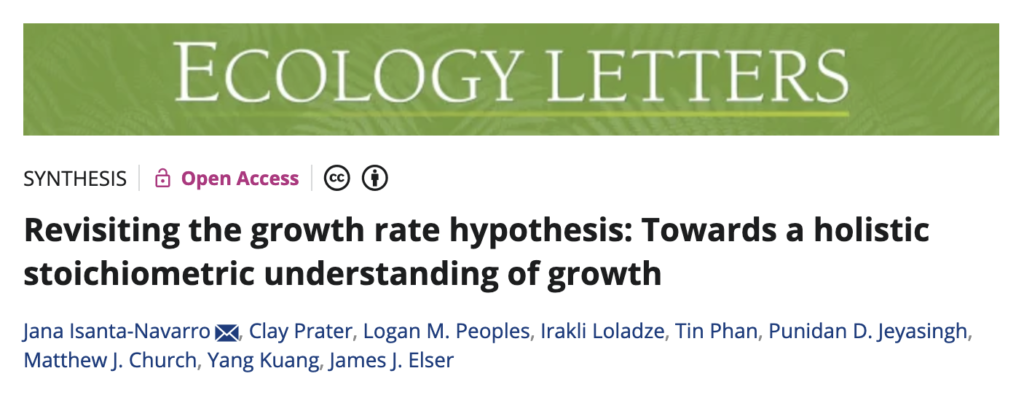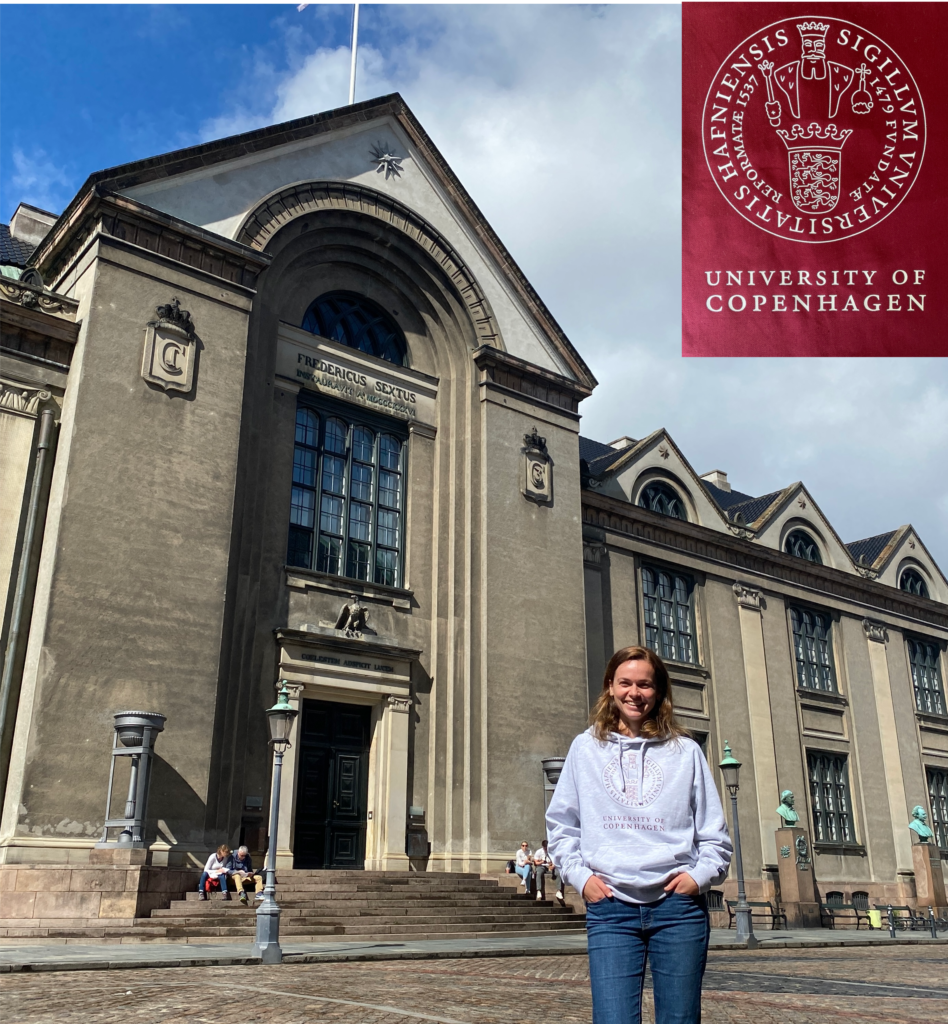We are very happy to welcome Emanuele Giacomuzzo who joins us as a PostDoc on the CyaNoService project.

Welcome to Dr. Laura Käse who will support us as a Postdoc during the next 7 month. We are very happy to have you!

We started conceptualising this publication during the ASLO conference in 2023 in Mallorca where we organised a session together. It’s a perspective piece on experimental ecology in aquatic ecosystems. I hope you enjoy reading it as much as we enjoyed sharing our perspective on this topic as relatively newly appointed faculty and group leaders.
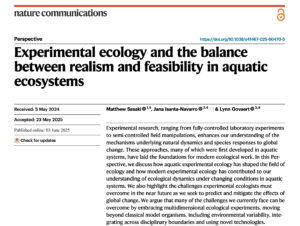
I will be speaking in on the Artenschutzkonferenz in Germany about science communication via Podcasts!
“Zwischen Fakten und Storytelling: Wissenschaftskommunikation im Podcast”
Prof. Dr. Jana Isanta-Navarro, Fachbereich für Biologie, Sektion für Gewässerökologie, Universität Kopenhagen
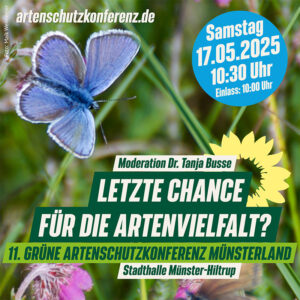
We got funded!
Together with colleagues from Spain, Sweden and Brazil we will investigate the impacts of cyanobacteria on ecosystem services across the ecosytems boundaries. We will soon advertise a 2-year PostDoc position. Stay tuned!
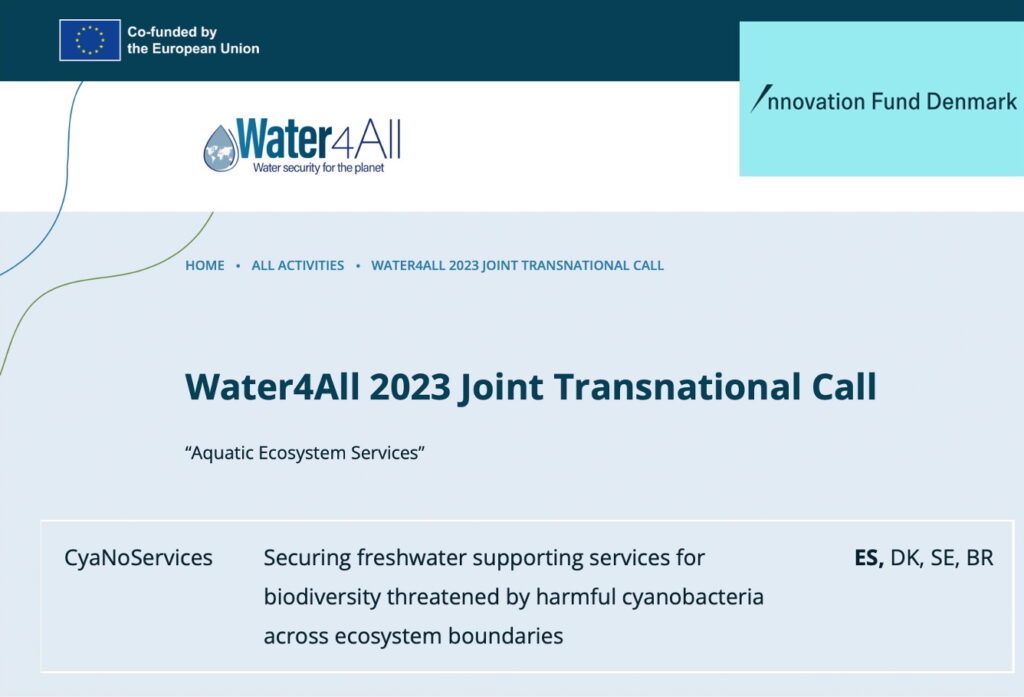
We are excited for Vana Paida to start as a PhD student. Vana will work on the physiological adaptation of Daphnia to salinisation. We are excited to have Daphnia experiments running again!

All organisms experience suboptimal growth conditions due to low nutrient and energy availability. Their ability to survive and reproduce under such conditions determines their evolutionary fitness. By imposing suboptimal resource ratios under different dilution rates on the model organism Pseudomonas putida KT2440, we show that this bacterium dynamically adjusts its elemental composition, morphology, pools of biomolecules, and levels of gene expression. By examining the ability of bacteria to respond to C:N:P imbalance, we can begin to understand how stoichiometric flexibility manifests at the cellular level and impacts the flow of energy and elements through ecosystems.
Thank you Logan, for leading this work!
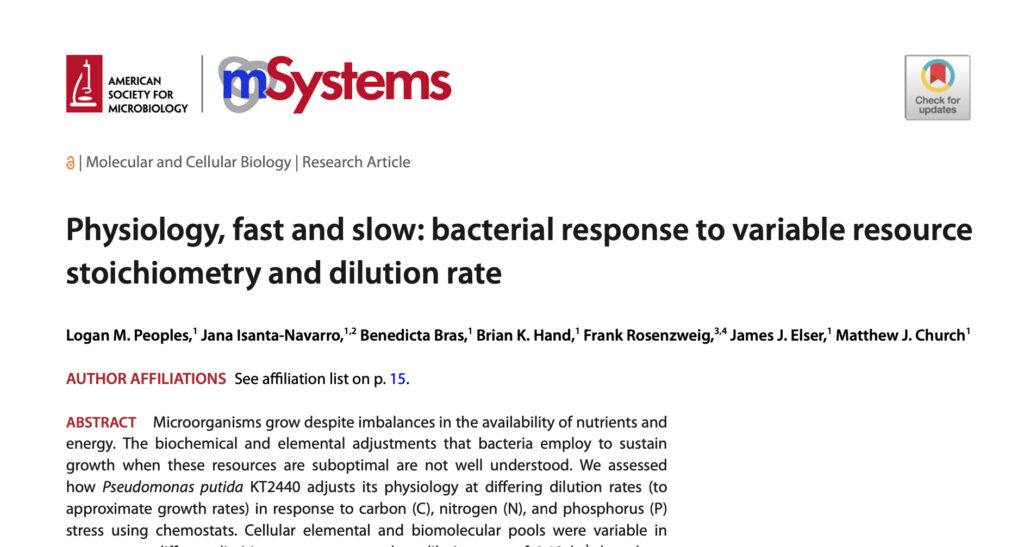
Michele has successfully defended his MSc thesis EnvEuro program and is now ready for new challenges in Greenland and Ethiopia! During his thesis work, Michele investigated drivers of cyanobacterial blooms in Lake Lugano. He analysed in-situ data and satellite images.
Simon David Herzog (Roskilde University) was the external examiner.
Michele was co-supervised by Camilla Capelli (SUPSI, Switzerland) and Emma Izquierdo-Verdiguier (BOKU, Austria).
We are very sad to see him go – all the best of luck with your future projects, Michele!
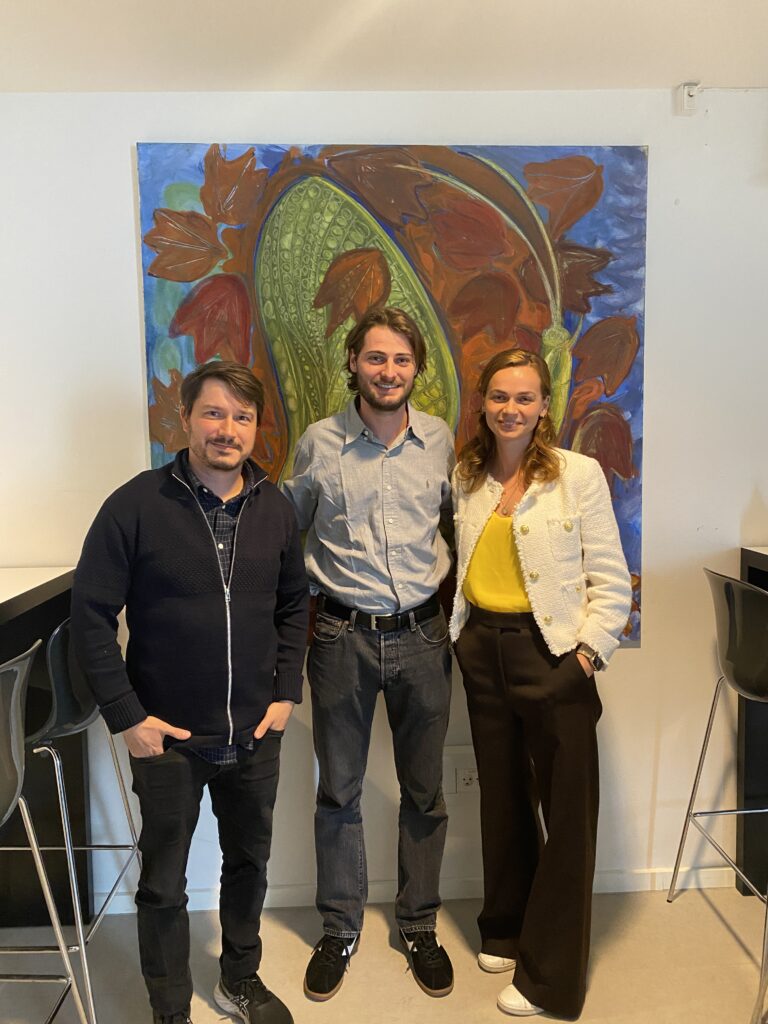
How do ecological and biological processes (e.g., competition, trophic interactions, metabolism, and adaptation) affect the directionality and magnitude of feedbacks between ecosystems and climate? Here we are using illustrative examples from the aquatic sphere to argue, that despite ample evidence for the likely significance of many, our present understanding of the combinatorial effects of ecosystem dynamics precludes the robust quantification of most ecologically driven climate feedbacks.
Thank you Corday, Richard and Laura for leading this work!
This publication was facilitated by the Ecological Dissertations in the Aquatic Sciences (Eco-DAS) XIV programme.
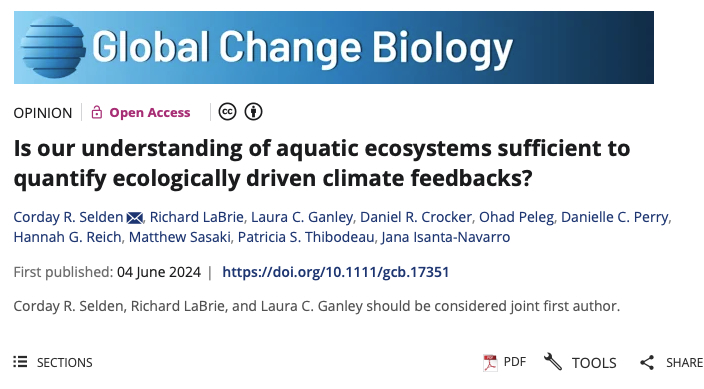
In German only!
Natur 2.0 – Der Biodiversitäts-Podcast
Überall, wo es Podcasts gibt!
Insektenforscher Thomas Hörren und Prof. Dr. Jana Isanta-Navarro unterhalten sich alle 14 Tage über Biodiversität, den Verlust von biologischer Vielfalt, das Leben in und mit der wissenschaftlichen Forschung sowie aktuelle Studien aus dem Bereich. Biodiversität ist, gemeinsam mit der globalen Erderhitzung, eines der zentralen Themen unserer Zeit und wir gestalten heute mit, wie Menschen in der Zukunft leben können. In jeder Folge erwarten euch wiederkehrende Kategorien und neue Einblicke, z. B. in spannende aktuelle Studien sowie in die heimische Artenvielfalt, denn ein interessantes Lebewesen bekommt alle zwei Wochen etwas Aufmerksamkeit.
Grafik und Schnitt: Sarah Lück
Stimme des Intros: Wissenschaftsjournalistin Katharina Adick
Musik: RafalR

I am honoured to be invited as a keynote speaker, alongside Justyna Wolinska, at the Cladocera Conference 2024. The conference runs from 6-12 October at beautiful Lago Maggiore in Verbania, Italy. Abstract submission is open until May 15th, so make sure to register! Hope to see you in Italy in autumn!
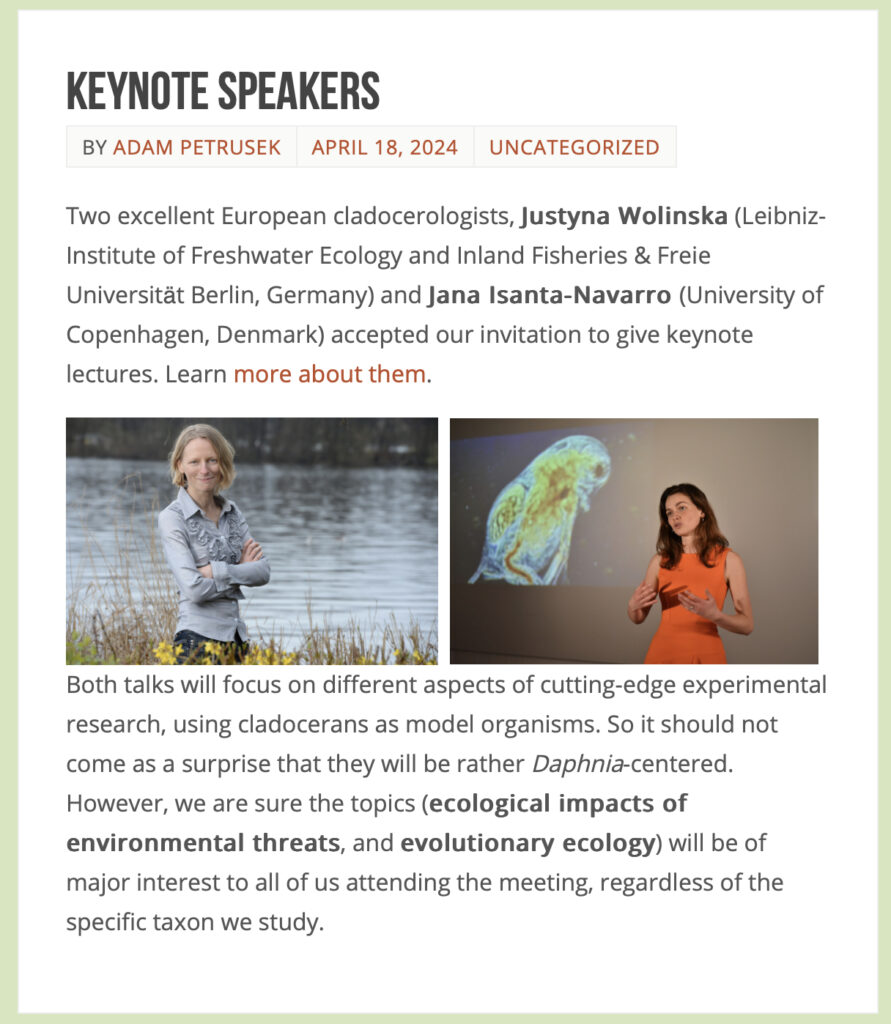
We are excited for Claudia Lassen to start as a PhD student. Claudia will work on the plasticity and evolvability of phytoplankton key-ecological traits to environmental change. We look forward to many exciting experiments!
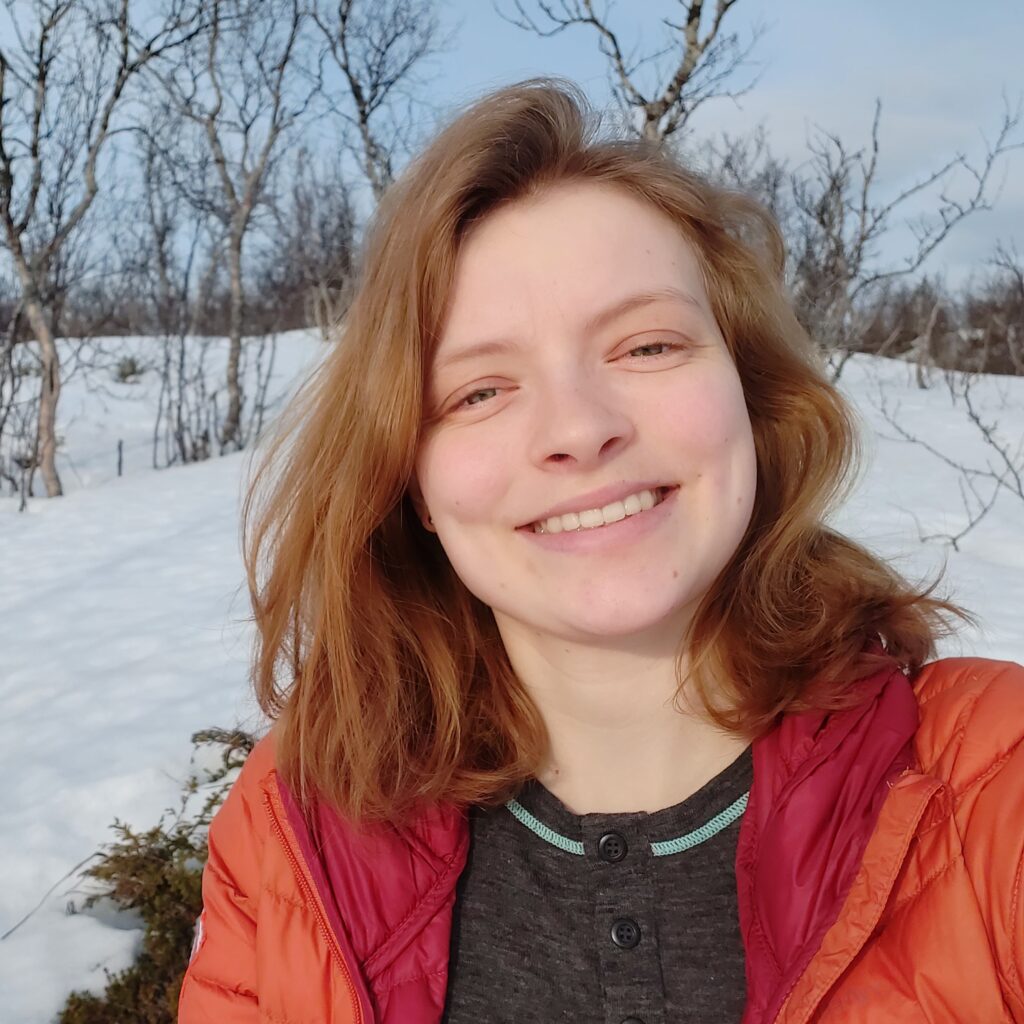
In Developmental Plasticity and Evolution, Mary-Jane West-Eberhard argued that the developmental mechanisms that enable organisms to respond to their environment are fundamental causes of adaptation and diversification. Twenty years after publication of this book, we reflect on the progress in the field and outline a framework to identify developmental causes of adaptive evolution.
Thanks you Tobias, for leading this work!

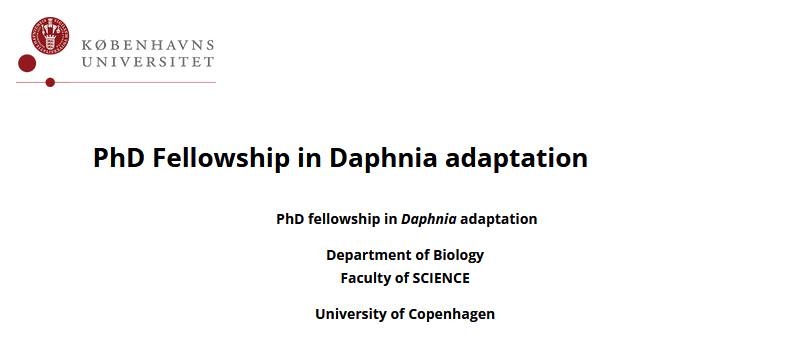
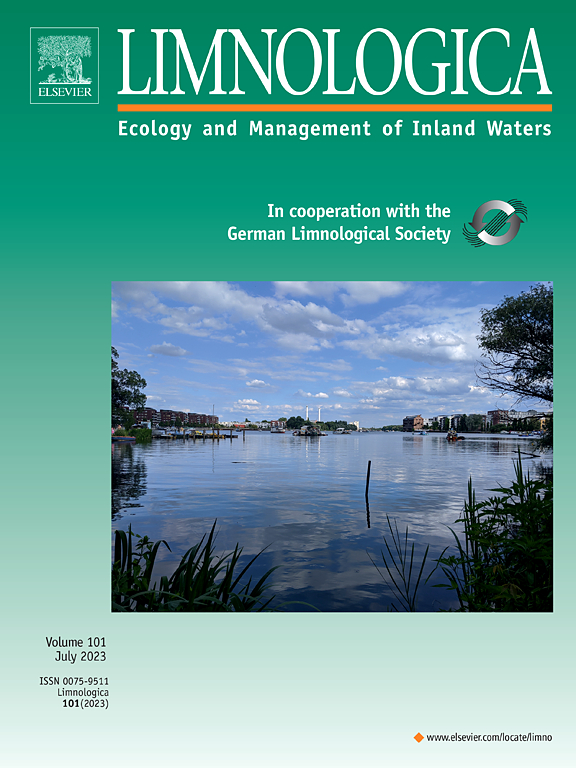

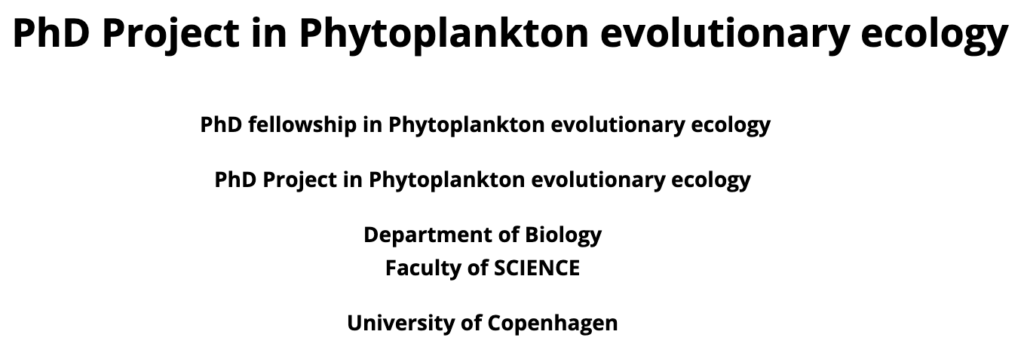
For her work on Rapid Evolution, Jana received the Schwoerbel-Benndorf Young Talent Award 2023 from the German Limnological Society. It is a great honour to take care of Clara, the trophy, for a year. We will make sure, that she has a great time in Denmark.
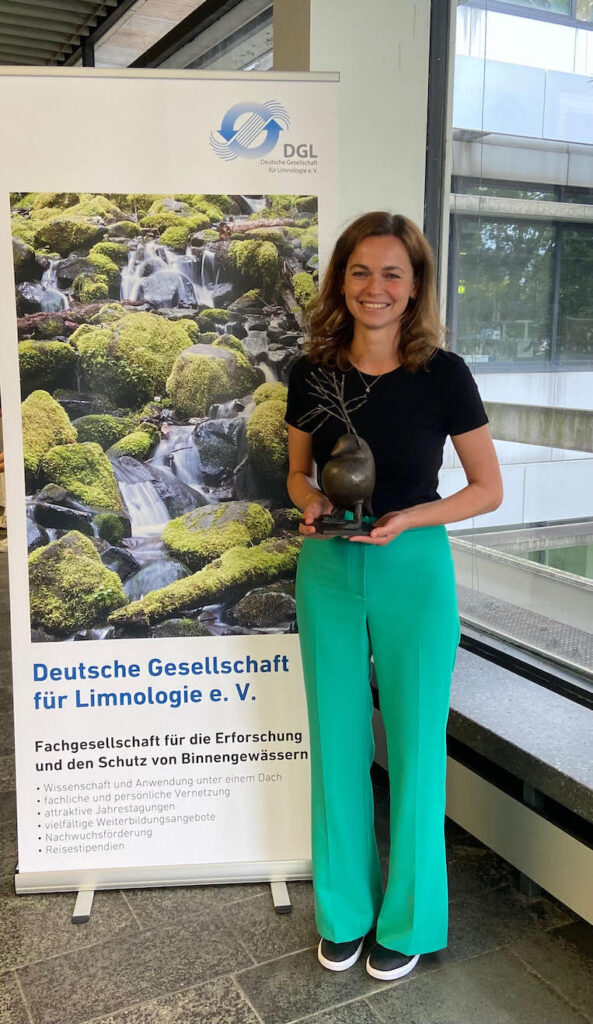
Our synthesis paper was shortlisted as one of the top 5 finalists for the Ecology Letters Early Career Researcher Award 2022! Congratulations to the winning paper and the other shortlisted contributions.
